Foreign Minister Hasan Mahmud announced that Bangladesh plans to designate 190 acres of land in Kurigram for a special economic zone aimed at attracting Bhutanese investors. Discussions are underway to import hydropower from Bhutan, with a proposed tripartite agreement involving India. Bhutan possesses the potential to generate 25,000 megawatts of hydropower. Bangladesh is also finalizing plans to import hydropower from Nepal. Additionally, Bangladesh intends to construct a Burn and Plastic Surgery Unit in Thimphu as a gesture of goodwill. During the visit of Bhutanese King Jigme Khesar Namgyel Wangchuck, several Memoranda of Understanding (MoUs) will be signed, including agreements on establishing a Burn and Plastic Surgery Unit in Thimphu, a Specialized Economic Zone in Kurigram, and technological cooperation in consumers’ rights protection. The visit, scheduled for four days, underscores the strong and multifaceted relations between Bangladesh and Bhutan since 1971. Prime Minister Sheikh Hasina will hold talks with the Bhutanese King, exploring opportunities to enhance trade through transit and possibly signing a preferential trade agreement. The royal visit marks the first VVIP visit to Bangladesh following the January 7 national election. The Bhutanese King will also visit significant landmarks in Bangladesh, including the National Martyrs’ Memorial, the Bangabandhu Memorial Museum, and the Padma Bridge construction site. The visit culminates with a trip to Kurigram Special Economic Zone before departing for Golakganj, Assam. The historic relationship between Bangladesh and Bhutan dates back to Bangladesh's independence in 1971, with Bhutan being the first country to recognize Bangladesh's sovereignty.



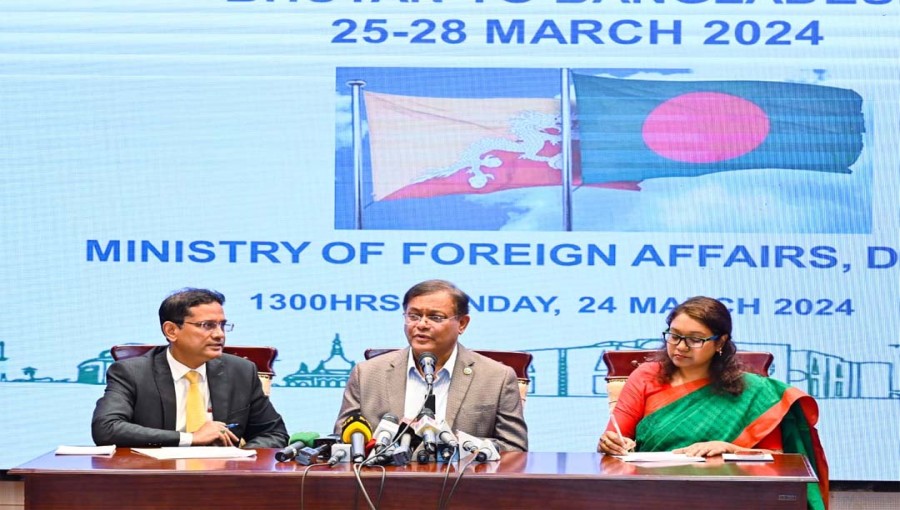

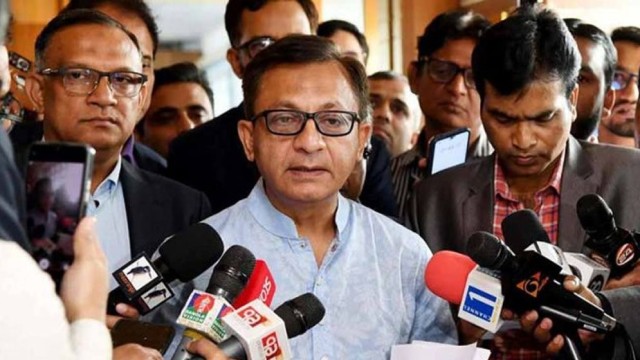
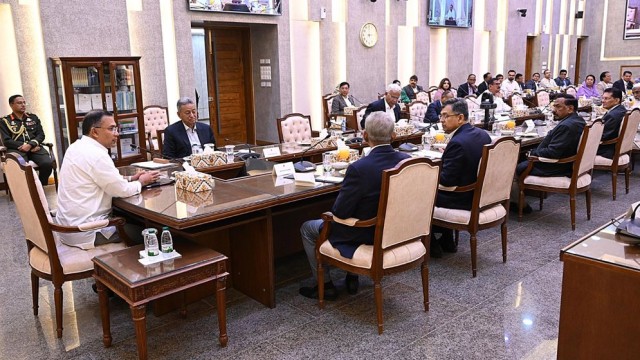

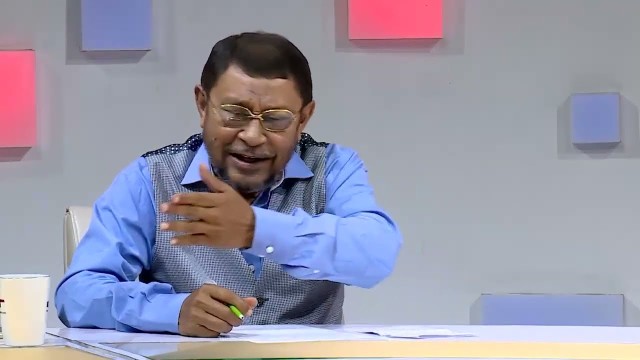
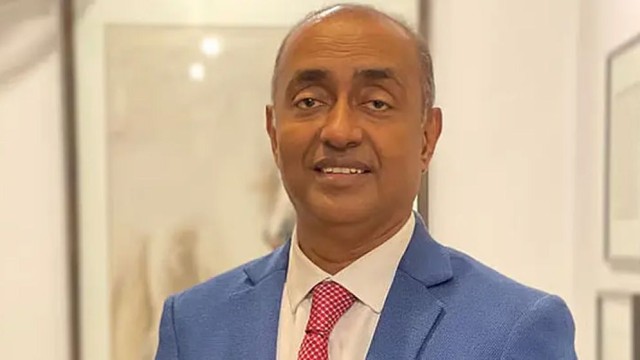
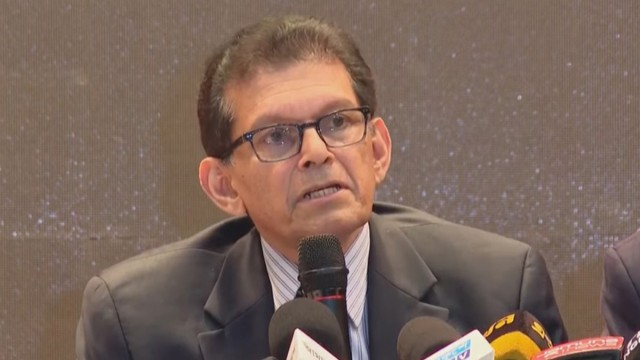
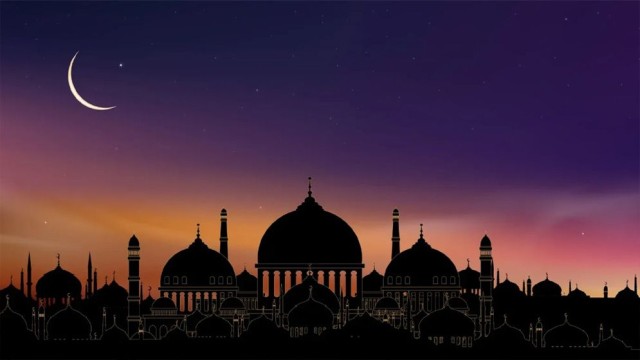
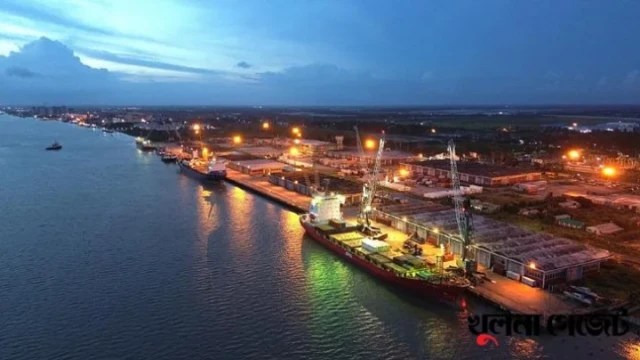
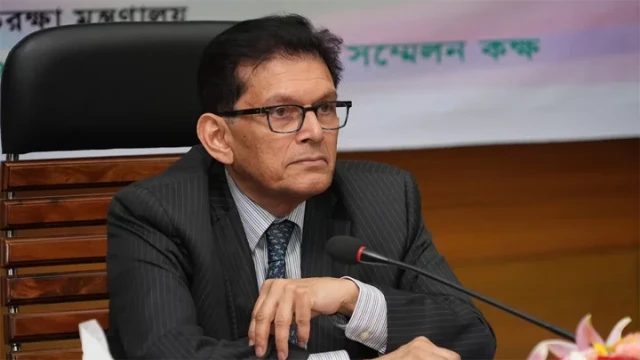











Comment: